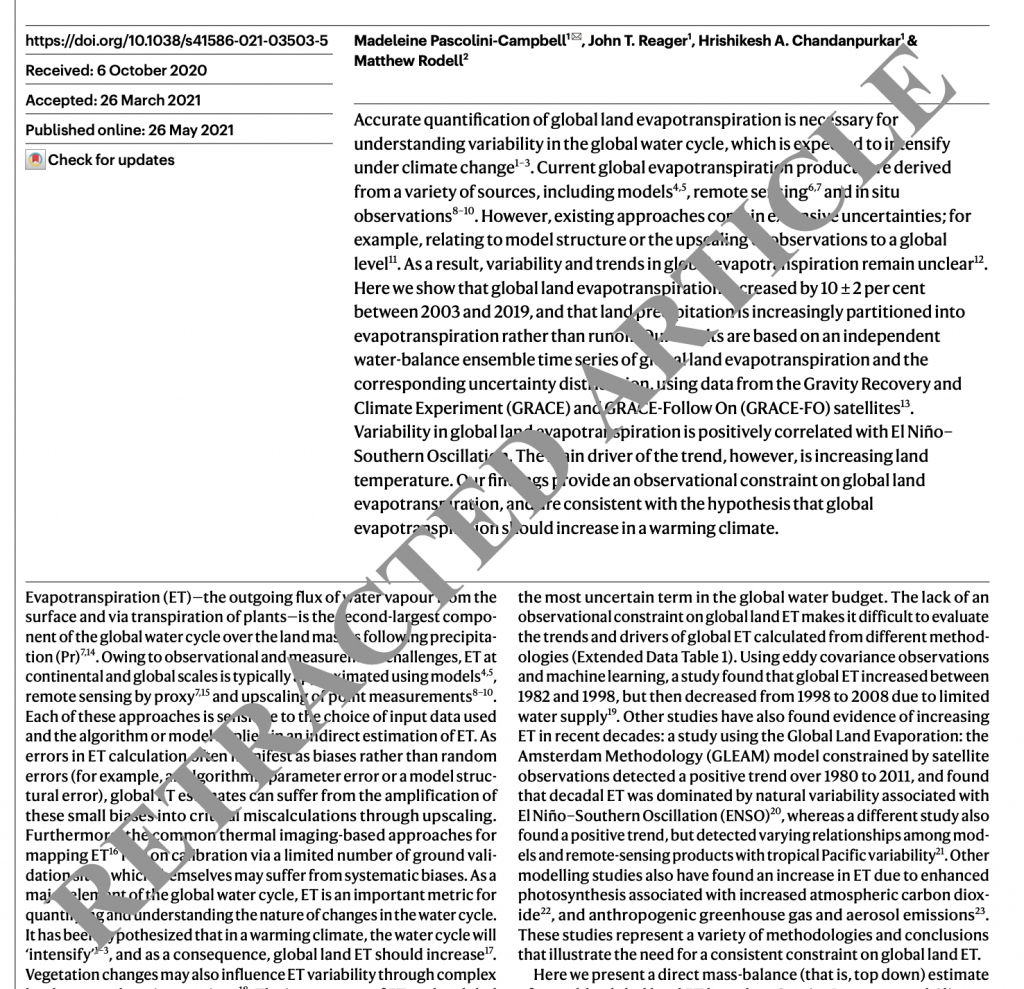
When Kevin Wagner at the University of Arizona and colleagues published a paper in Science about their discovery of a new planet in 2016, it captured the attention of a lot of science writers.
Finding the object – HD 131399 – meant that “astronomers have discovered a planet with an even more exotic sight on its horizon: a triple sunset,” in the words of The New York Times.
Or, as the AP put it, “a planet with triple sunrises and sunsets every day for part of the year.”
Continue reading Triple sunrise, triple sunset: Science paper retracted when it turns out a planet is a star






